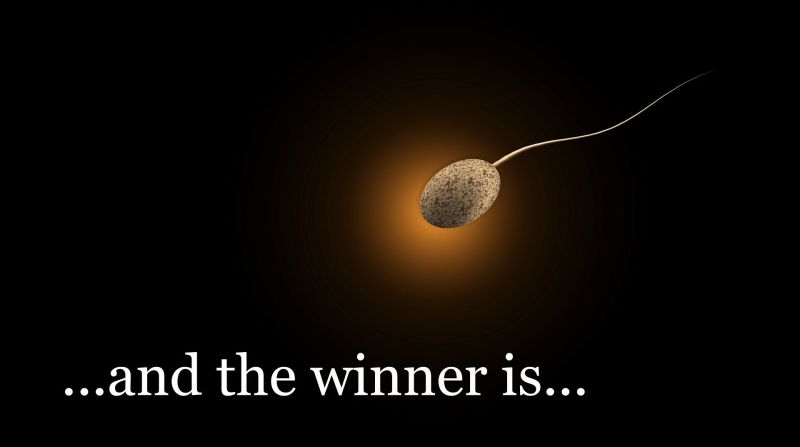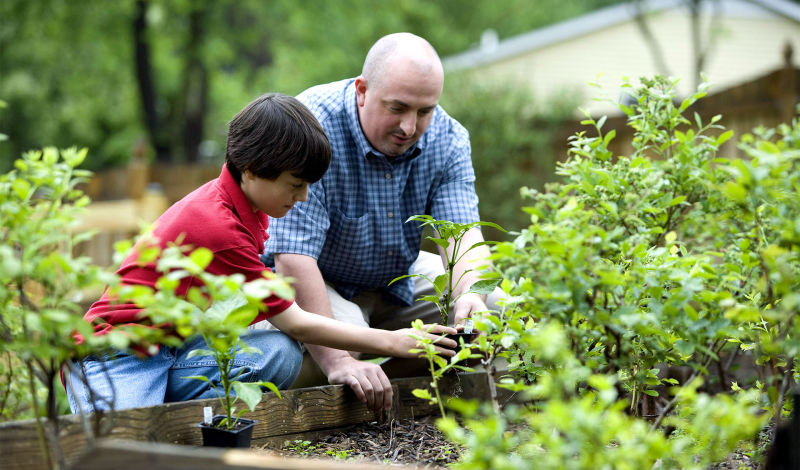A new study from researchers at the University of Oxford has essentially taken genetic snapshots of the sperm in the testicles of 14 men of various ages. The results give us a clearer picture of why the children of older dads are at a higher risk for genetic diseases like schizophrenia, autism, dwarfism and even some late-onset cancers.
It has been known for a while that the older a man gets, the more genetic differences or mutations crop up in his sperm's DNA. This is because men make sperm at a furious rate, with sperm cells dividing constantly.
As new sperm cells are made, their DNA needs to be copied. And while astonishingly accurate, the machinery is not perfect, resulting in an occasional mistake.
What the new study helps to explain is why some of these mistakes are more common than others. It turns out that natural selection of sperm in the testicle plays a big role in at least some of these errors.
It’s a Jungle in There

Inside the testicle there is a set of stem cells that eventually become sperm. These are the cells that need to keep dividing to produce the 1,500 sperm that the average male makes each second.
